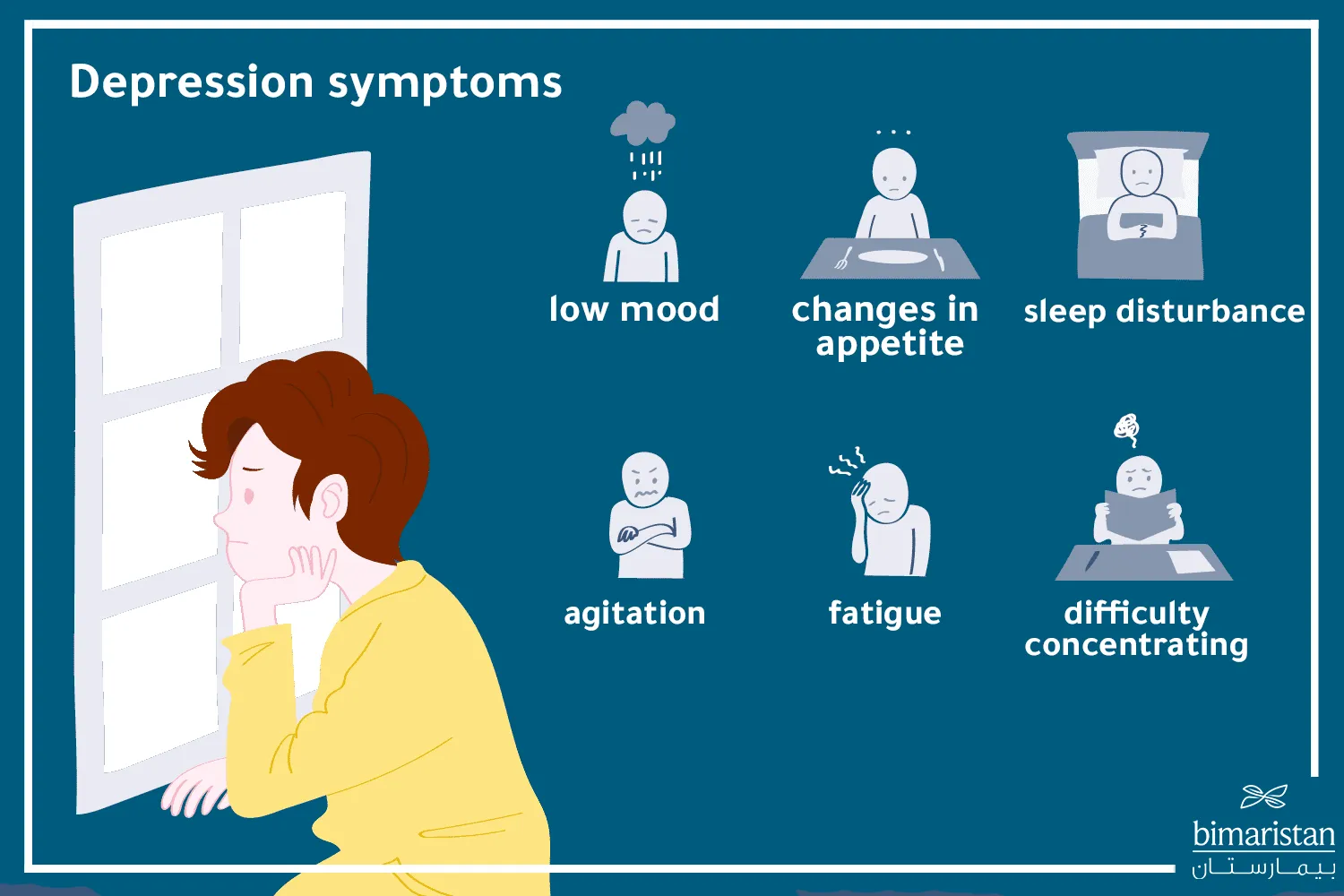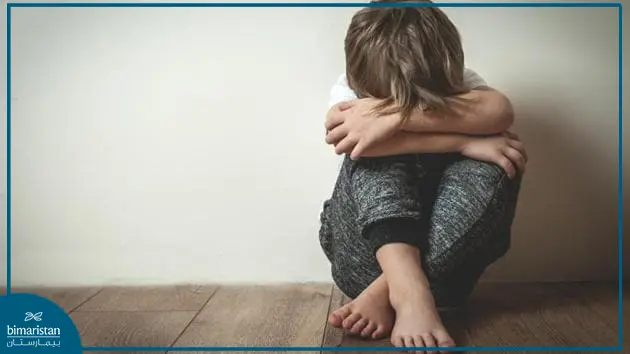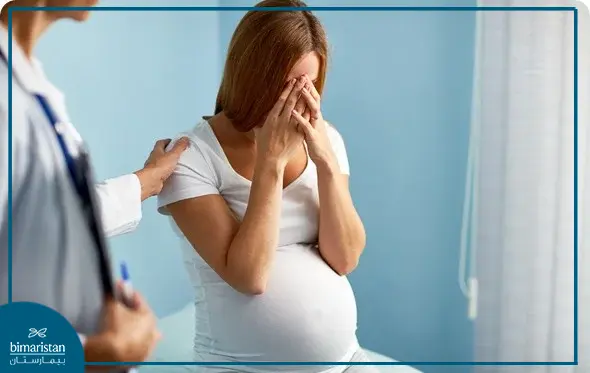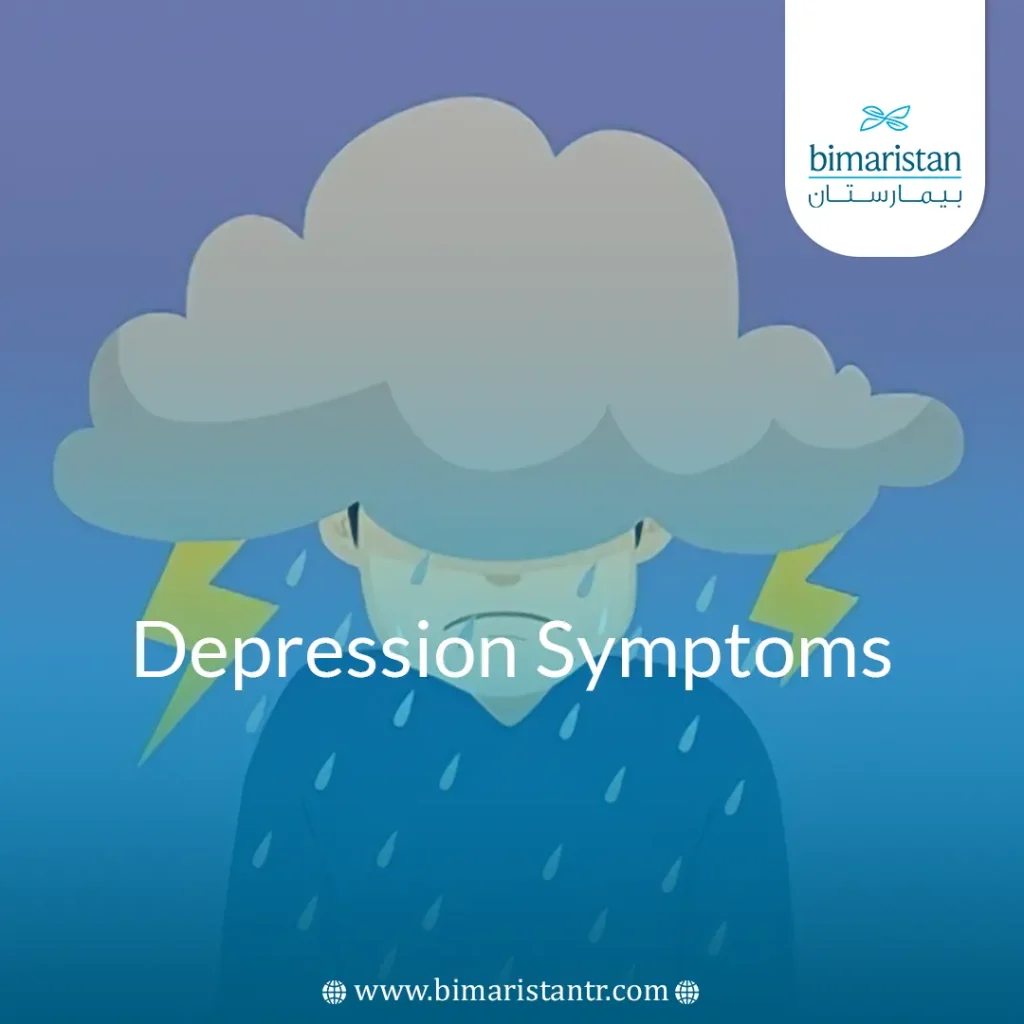Depression symptoms may not be simple and should be known as a condition that can have serious effects on both individual and societal health.
Depression symptoms are categorized into psychological and physical symptoms, and their appearance and severity vary depending on the age and gender of the individual with depression. Follow along to learn more about the diverse symptoms of depression based on age and gender.
Difference between physical and psychological depression symptoms
As mentioned earlier, depression has psychological symptoms, affecting the individual’s mood and emotions, and physical symptoms that impact the functioning of the body’s organs, causing actual physiological disorders when the depression becomes severe.
Psychological symptoms of depression can be acute or chronic, negatively impacting the person’s life. They may coexist with physical symptoms, exacerbating the problem and making it challenging for the patient to cope. It is important for a specialized mental health professional to assess the case comprehensively to determine the appropriate steps for assistance.
Physical Depression Symptoms |
Psychological Depression Symptoms |
| Chest, back, stomach, and muscle pain | Feelings of profound sadness and prolonged depression |
| Difficulty breathing or a constricted feeling in the chest | Loss of interest and enjoyment in previously pleasurable activities (anhedonia) |
| Digestive system problems like constipation or diarrhea | Difficulty sleeping or excessive drowsiness |
| Difficulty controlling appetite and changes in weight | Changes in energy levels and activity |
| Menstrual cycle disturbances in females | Difficulty concentrating and decision-making |
| Difficulty concentrating and memory issues | Feelings of guilt, anxiety, and suicidal thoughts |
| Unexplained bodily pain due to psychological problems | Changes in physical activity, such as slowed movements or excessive restlessness |
If you experience any of these symptoms, reach out to us, and we can guide you to the best mental health professionals in Turkey for assessment, treatment, and appropriate assistance.

Symptoms of Depression Based on Gender
Depression symptoms vary between men and women in some cases. However, it should be noted that these differences are not fixed and may vary from person to person.
Symptoms of Depression in Men
The symptoms and signs of depression in men include:
- Anger and aggression: depressed men may have less ability to control their emotions.
- Changes in behavior, such as social isolation and withdrawal from social activities.
- Quiet behavior: instead of showing anger, some men may exhibit quiet behavior and a lack of interest in daily matters.
- Physical pains, such as chest pain, headaches, and persistent fatigue.
- Changes in appetite and sleep, such as loss of appetite or increased eating and difficulty sleeping or excessive sleep.
- Difficulty concentrating during daily tasks.
Symptoms of Depression in Women
The symptoms and signs of depression in women include:
- Mood changes: excessive mood swings such as severe sadness, heightened emotions, anxiety, and tension.
- Feelings of guilt and low self-worth may also have difficulty handling criticism.
- Difficulty sleeping; they may experience excessive sleep in some cases.
- Changes in menstrual cycle: women may notice changes in their monthly cycle, such as delays or increases in menstruation duration.
- Fatigue and exhaustion: some depressed women may feel constant fatigue and have difficulty completing daily tasks (anergia).
- Changes in weight and appetite; weight may increase or decrease.
In summary, women may be more prone to feelings of sadness, mood swings, and anxiety, while men may manifest depression symptoms through anger, aggression, and quiet behavior. Additionally, physical symptoms can also differ; men may feel chest pain, headaches, and confusion, while women may experience symptoms such as fatigue, chronic pain, and digestive disturbances.
Depression Symptoms According to Age
Depression symptoms vary depending on the age of the individual. For example, in children and adolescents, depression symptoms may manifest through a decrease in physical activity and self-care and an increase in rebellious and aggressive behavior. In seniors, depression symptoms may appear through changes in weight and appetite, as well as feelings of fatigue.
Depression Symptoms in Children
Depression commonly affects children, with an estimated 1 in 50 children experiencing depression. Depressed children may feel sadness, misery, or emotional distress, describing it as anger or frustration. Parents may notice a lack of interest in activities they typically enjoy, along with the following signs:
- The depressed child may exhibit strange, impulsive, angry, sad, or anxious behavior.
- They might perceive themselves as bad individuals, blaming themselves for difficulties and expecting bad things to happen to them.
- The child may show anger, impulsivity, a decline in school performance, and struggle with focus.
- Changes in appetite and sleep patterns may occur.
- Physical symptoms like stomachaches, headaches, fatigue, and changes in sleep habits might be present.
If your child experiences any of these symptoms for two weeks or more, or if the symptoms interfere with their daily life at home or school, it is advisable to seek the guidance of a specialized child psychiatrist for appropriate treatment. Depression in children can also lead to suicidal thoughts or actions.

Depression Symptoms in Adolescents
Depression affects individuals across various age groups, and adolescence (13-17 years) is no exception. Depression in adolescents is a serious matter, as they may be more prone to suicidal thoughts during this sensitive stage. Key symptoms include:
- Sadness and despair.
- Feelings of emptiness.
- Feelings of anger, frustration, or despondency.
- Loss of interest in previously enjoyable activities.
- Changes in weight due to increased or decreased appetite.
- Changes in sleep patterns, such as insomnia or excessive sleep.
- Difficulty concentrating and making decisions.
- Feelings of restlessness and inability to sit still.
- Extreme fatigue and lack of energy.
- Profound feelings of worthlessness or guilt.
- Feeling hopeless about life
- Thoughts of death or suicide.
Visiting a mental health professional is crucial if depression significantly impacts the daily life of the adolescent or if they express thoughts of ending their life or have made serious suicide attempts.
Depression in Young Adults
Many young adults experience depression due to life pressures. In addition to the previously mentioned symptoms, they might also show severe depression symptoms, such as:
- Increased isolation and avoidance of social interaction.
- Changes in behavior and coping mechanisms (increased anger or apathy).
- Recklessness and disregard for personal safety.
- Turning to alcohol and substance abuse.
- Suicidal thoughts to escape responsibilities.
If you recognize these symptoms in a young adult, seeking help from a mental health professional is crucial.

Special Cases of Depression
One of the notable cases of depression in women is depression during pregnancy and postpartum depression. These conditions are often influenced by hormonal changes during these challenging periods.
Depression During Pregnancy
Depression during pregnancy refers to a decrease in mood during this challenging time, affecting both the mother’s and the baby’s health. Pregnancy depression symptoms include:
- Frequent feelings of sadness and crying.
- Irritability or anger easily.
- Loss of interest in others and the surrounding world.
- Changes in appetite, either loss or overeating.
- Negative thoughts, such as worrying about the inability to care for the baby.
- Difficulty concentrating or making decisions.

Recommendations for treating depression during pregnancy without medication include talking about your feelings with a friend or family member, practicing calming breathing exercises if fatigued, increasing physical activity levels, attending prenatal classes, and maintaining a balanced diet.
Postpartum Depression Symptoms
Postpartum depression is a surge of negative feelings experienced by a mother after giving birth, typically occurring within one to three weeks after delivery and persisting for an extended period. It is a common disorder, affecting around 15% of women. Classic symptoms and signs of postpartum depression include:
- Daily feelings of depression.
- Feelings of shame, guilt, or a sense of failure.
- Frequent panic or anxiety.
- Intense mood swings.
- Difficulty bonding with the baby.
- Thoughts of self-harm or harming the baby.
If you are experiencing postpartum depression symptoms, it is advisable to consult a mental health professional for diagnosis and the prescription of appropriate treatment, ensuring the safety of both you and your baby.
Withdrawal Symptoms of Antidepressant Treatment
Antidepressants are medications that require careful handling, as they should not be used randomly and should only be prescribed by a qualified mental health professional in well-thought-out doses and treatment plans.
Thus, non-compliance with the prescribed treatment plan by abruptly stopping antidepressant medications will lead to a relapse of depression and the emergence of withdrawal symptoms from antidepressant drugs. The side effects from stopping antidepressants may include:
- Insomnia
- Sleep problems
- Balance issues while standing
- Sweating
- Stomach problems
- A sensation of electric shocks in the head
- Mood changes, such as a decrease in mood (return of depression), or feelings of anger, anxiety, or confusion
Withdrawal symptoms typically appear within 5 days of discontinuing the medication and generally last from one to two weeks. Some individuals may experience withdrawal symptoms from antidepressant treatment for months or even longer.
Suppose there is a desire to discontinue antidepressant medications. In that case, it is essential to consult with your doctor to gradually reduce the dosage of these medications to avoid the onset of withdrawal symptoms.
In conclusion, it is crucial to remember that depression is a chronic illness that affects the entire body and requires treatment when symptoms arise. Neglecting depression symptoms can lead to a decline in professional and social performance or, in some unfortunate cases, may result in self-harm and suicide.
Sources:
